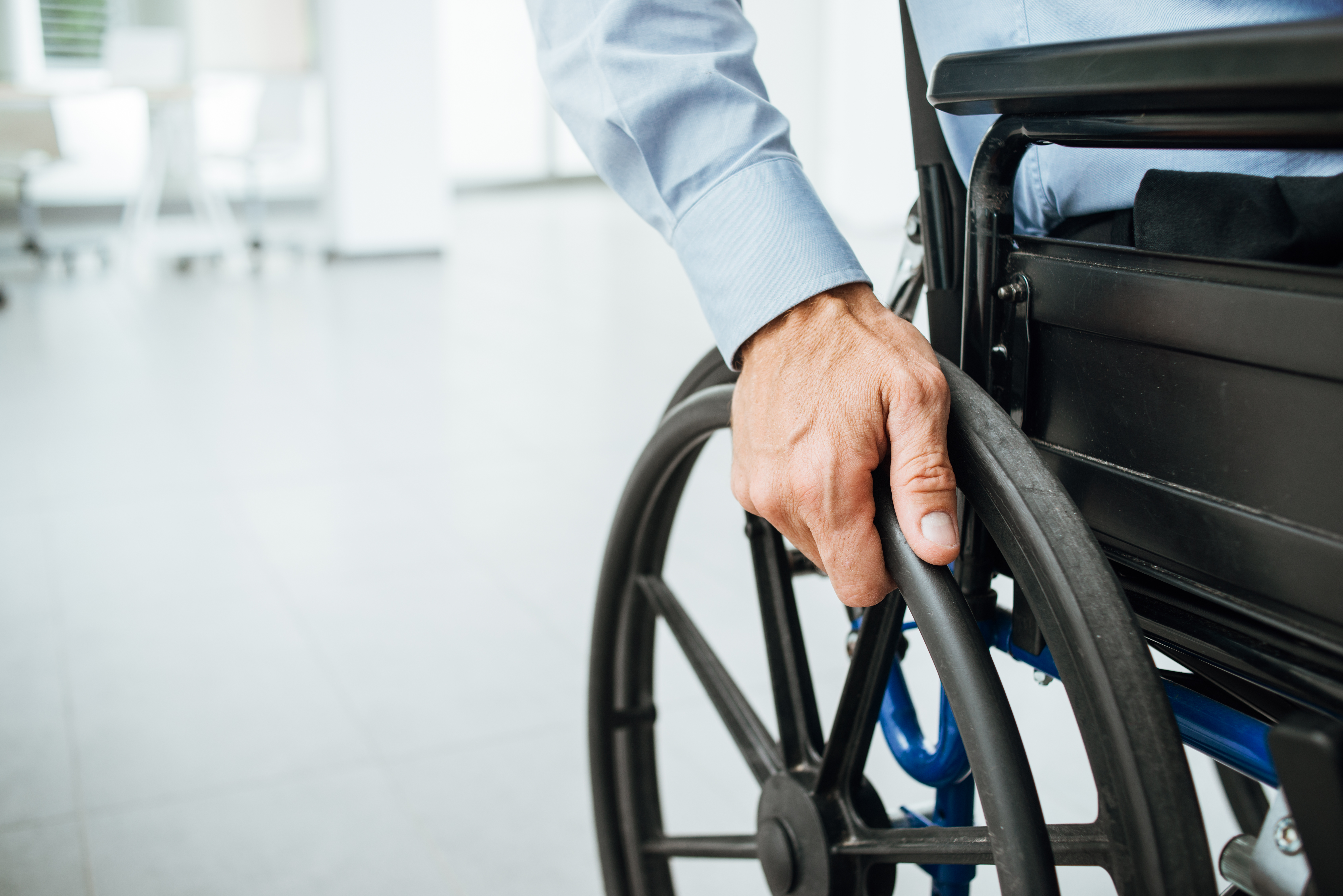![]()
Many of us with disabilities don’t consider ourselves as being truly disabled. Yes, we may have conditions that limit what we can do, yet we don’t think of ourselves as having a disability. Perhaps it’s our American “never say die” attitude, or maybe it’s just that we don’t want to accept a label until we have no other choice. Either way, we find ways to get by without considering ourselves as being “disabled.”
One of the ways we manage to remain independent is by locating and utilizing community resources that support us in doing the things we need to do. We adapt by finding ways to work beyond our disabilities. One way we do this is through assistive technology. Another is by engaging the services of organizations and agencies that provide supportive services to people with disabilities. The Center for Independent Living (CIL) is one of those organizations.
The CIL is a state-wide organization that provides a wide variety of services including employment assistance. At the CIL, you can learn how to write a resume that showcases your talents in the best possible light, or how to present yourself in an interview focusing on your strengths instead of your disability. You can also learn about the tax benefits available for hiring disabled veterans and other individuals with disabilities.
The CIL can also provide information about specific illnesses or conditions, identify supportive resources, or refer you to other agencies or organizations that will help you remain independent in your own home.
If you are a Medicaid resident in a nursing home and are healthy enough to return to community-based living, but have barriers that prevent you from going home, the CIL has a program to help: the Nursing Facility Transition Program. Other ways they can assist are by helping you locate accessible housing, learning to use the public transit system, and explaining the process for how to get social security benefits.
At a community level, the CIL promotes legislative action to support people with disabilities in things like expanding public transit programs to include those with disabilities, identifying accessibility issues, and promoting inclusive communities where people with disabilities are welcome and are able to contribute.
The Older American’s Act provides funding for services to assist the elderly in remaining independent in the community such as Meals on Wheels, or Medicaid Waiver Services that provide home nursing care. And there are many other programs available to assist individuals that are “disability-specific” such as services for the blind, or hearing impaired. The CIL is not disability-specific; services are provided to persons with any type of disability.
As you age, the likelihood that you will develop a disability increases dramatically. Knowing the services you can count on to help you cope with a disability can make the difference between remaining in your own home verses being admitted to an assisted living facility. Even knowing one contact increases your ability to connect with the services you’ll need to remain independent. Your local Center for Independent Living is a good place to start.
Christine Wistrom is part of the GovLoop Featured Blogger program, where we feature blog posts by government voices from all across the country (and world!). To see more Featured Blogger posts, click here.





Leave a Reply
You must be logged in to post a comment.